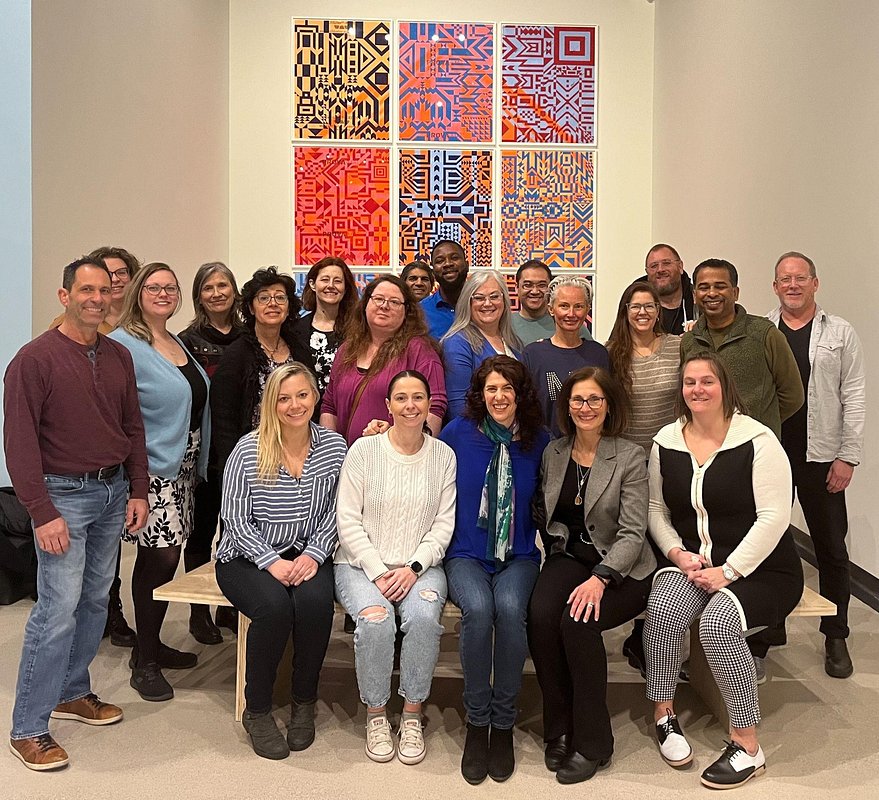
Beyond the Couch: Hypnosis & NLP Training Gains Momentum as Career & Wellness Tool
As alternative therapies surge in popularity, Hypnosis Training Canada expands its Burlington facility, offering a pathway to personal transformation and increasingly, lucrative career paths. Is this the future of wellness?
Beyond the Couch: Hypnosis & NLP Training Gains Momentum as Career & Wellness Tool
Burlington, Ontario – November 05, 2025 – In an era increasingly focused on holistic wellness and personal optimization, the once-stigmatized fields of hypnosis and Neuro-Linguistic Programming (NLP) are experiencing a renaissance. Hypnosis Training Canada is capitalizing on this surge in interest, recently opening a state-of-the-art training facility in Burlington, Ontario, designed to empower individuals with skills applicable to both personal growth and professional success.
For decades, hypnosis conjured images of stage performances and therapeutic interventions. But a growing body of research, alongside shifting societal attitudes towards mental and emotional wellbeing, is driving demand for practical applications of these techniques. Hypnosis Training Canada is positioning itself at the forefront of this evolution, offering comprehensive training programs geared towards a diverse clientele – from aspiring therapists and coaches to corporate leaders and entrepreneurs.
A Growing Market for Mindful Techniques
The Canadian market for alternative therapies is demonstrably growing. Industry reports from IBISWorld indicate a 3.2% annual growth rate in the hypnosis and NLP training sector, mirroring a global trend. This expansion isn’t simply about self-help; it’s about equipping individuals with tools to navigate the complexities of modern life, manage stress, improve communication, and enhance performance.
“There’s a real shift happening,” explains a former student of the program, now working as a life coach. “People are actively seeking out techniques to improve their mental wellbeing and unlock their potential. They’re tired of simply ‘coping’ and are looking for proactive solutions.”
Beyond Therapy: A Versatile Skillset
While traditional therapeutic applications of hypnosis remain significant, Hypnosis Training Canada emphasizes the versatility of these skills. The program is structured to cater to individuals from a wide range of backgrounds and career aspirations.
“We’re seeing a growing number of professionals from fields like sales, marketing, and leadership development enrolling in our courses,” says a representative from Hypnosis Training Canada. “They recognize the power of NLP and hypnosis to enhance communication, build rapport, and influence outcomes.”
The training goes beyond theoretical knowledge, emphasizing practical application. Students learn techniques to address anxiety, phobias, and limiting beliefs, as well as strategies for goal setting, motivation, and habit change. This hands-on approach is a key differentiator for the program.
Local Investment, National Impact
The expansion into a larger, dedicated facility in Burlington signifies a significant investment in the local community. The company's presence is creating jobs and contributing to the region’s growing wellness sector.
“The new facility is equipped with state-of-the-art technology and provides a more immersive learning experience,” explains a source familiar with the project. “It’s a testament to the company’s commitment to providing high-quality training and fostering a thriving community of practitioners.”
The investment also reflects a broader trend of increased awareness and acceptance of alternative therapies. Local officials have expressed support for the project, recognizing its potential to contribute to the region’s economic and social wellbeing.
Alumni Success Stories
The effectiveness of Hypnosis Training Canada’s program is evidenced by the success of its alumni. Graduates have gone on to establish thriving practices as therapists, coaches, and consultants. Others have integrated these skills into their existing careers, enhancing their communication, leadership, and problem-solving abilities.
One alumnus, now working in corporate training, shared, “The skills I learned through this program have been invaluable in my work. I’m able to connect with clients on a deeper level, build rapport, and facilitate positive change.”
Another graduate, a former marketing executive, noted, “Learning NLP techniques completely transformed my approach to communication and persuasion. It’s a game-changer.”
Challenges and Considerations
Despite the growing popularity of hypnosis and NLP, challenges remain. Misconceptions about these techniques persist, and skepticism is common. It’s crucial to approach these methods with a critical and informed perspective.
“It’s important to differentiate between entertainment-based hypnosis and therapeutic applications,” emphasizes a source in the wellness field. “Responsible training and ethical practice are paramount.”
Furthermore, the effectiveness of hypnosis and NLP can vary depending on the individual and the specific issue being addressed. It’s not a “one-size-fits-all” solution.
Looking Ahead
As the demand for holistic wellness and personal optimization continues to grow, Hypnosis Training Canada is poised to capitalize on this trend. The company is planning to expand its online course offerings to reach a global audience and further establish itself as a leader in the field.
“We believe that everyone has the potential to unlock their inner resources and live a more fulfilling life,” says a representative from Hypnosis Training Canada. “Our mission is to provide the tools and training to make that possible.”
The future of hypnosis and NLP appears bright, with increasing acceptance, growing demand, and a new generation of practitioners dedicated to ethical and effective practice. The expansion of Hypnosis Training Canada’s facility in Burlington represents a significant step forward in this evolving landscape, signaling a shift towards a more mindful and empowered approach to wellbeing.
